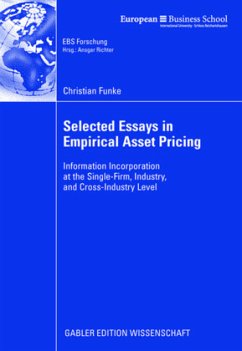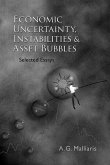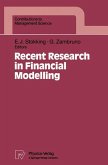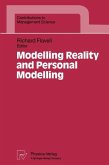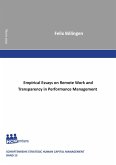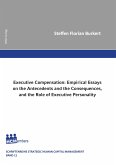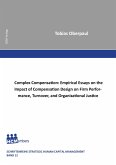Research in empirical asset pricing has - fostered by the availability of new databases - become an important field of research within the last three decades. This kind of - search contributes to the ongoing and exciting debate between the neoclassical and the behavioral explanation of asset pricing and can help to better explain the evolvement of asset prices in capital markets. Research in empirical asset pricing requires multiple competences: a sound - derstanding of capital markets, market designs, trading processes, and asset pricing models, a superior handling of large databases, and efficient programming skills. Chr- tian Funke lives up to this challenge and his doctoral thesis comprises of three important essays in empirical asset pricing. In the first essay, Christian investigates the long term performance of rival c- panies related to acquisition targets. He documents an underreaction of capital markets to the information contained in M&A announcements. Following large rival gain events due to positive information signaling and large rival loss events due to the negative competitive effects of the transaction, he observes a return drift for up to 12 months after the announcement. The second essay documents a strong and prevalent drift in long-term industry returns after M&A announcements. Specifically, industries that experience positive - erage announcement reactions continue to do well in the future, while industries that experience negative average announcement reactions continue to do poorly. The e- dence suggests that capital markets underreact to the industry-wide information p- vided by merger announcements.
Bitte wählen Sie Ihr Anliegen aus.
Rechnungen
Retourenschein anfordern
Bestellstatus
Storno

